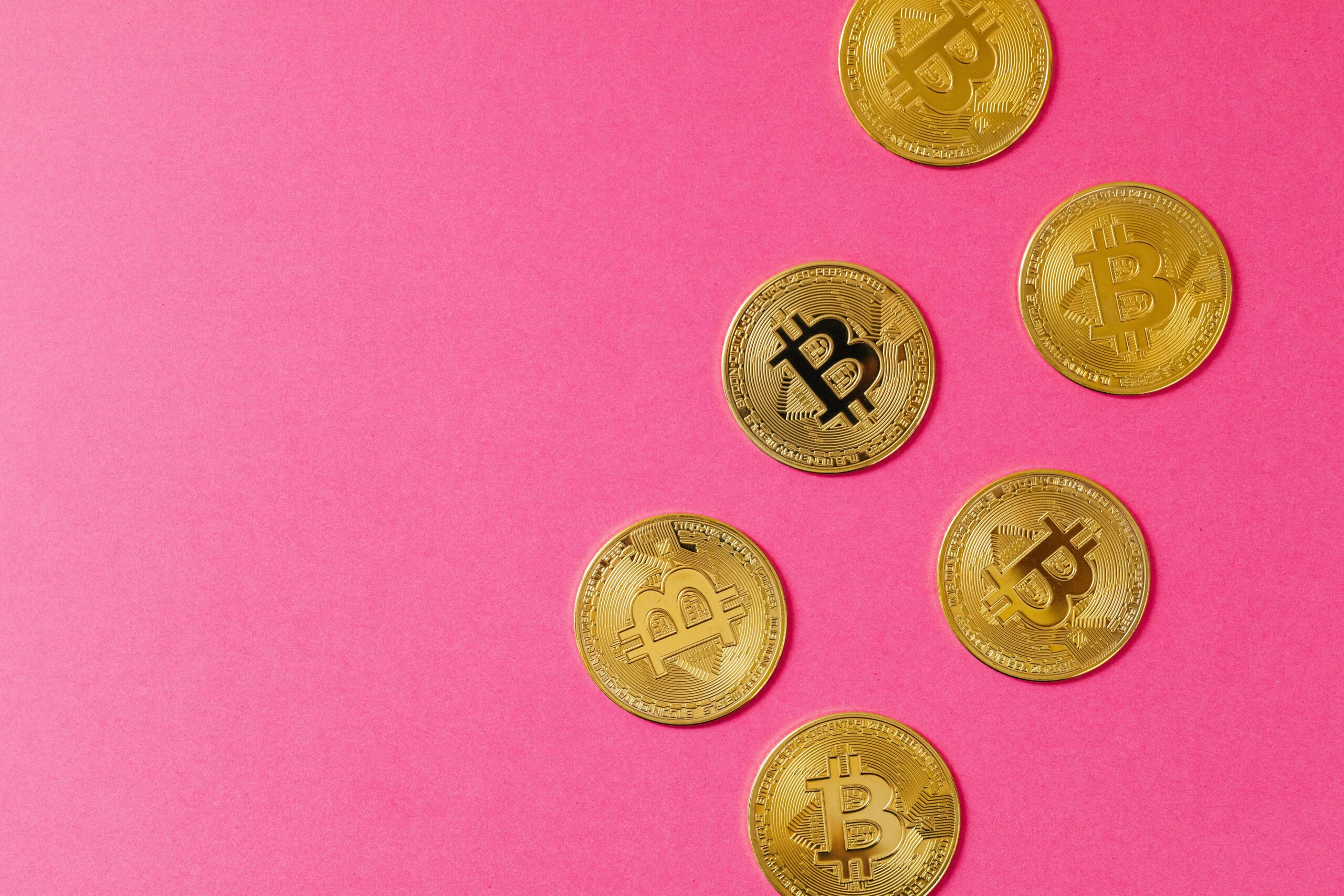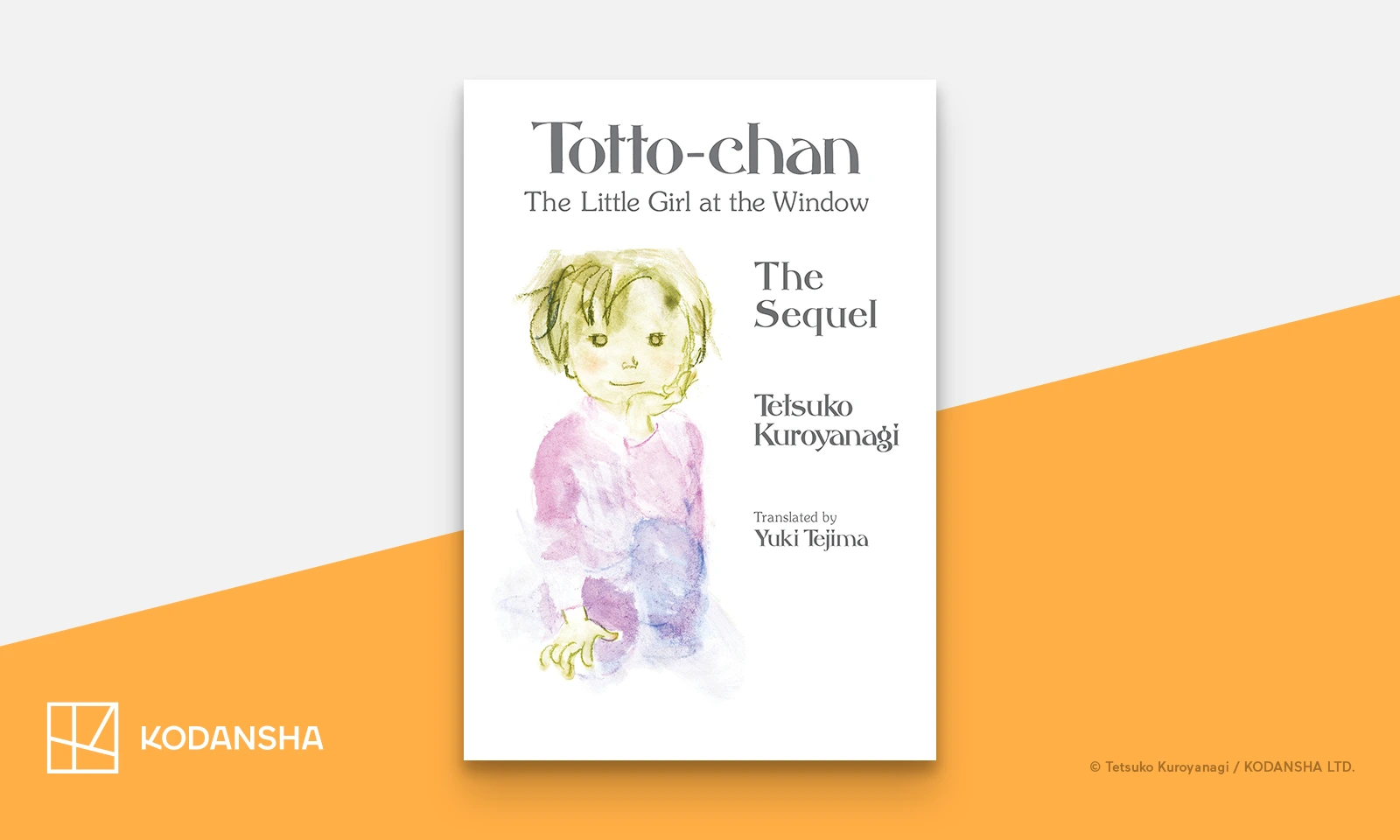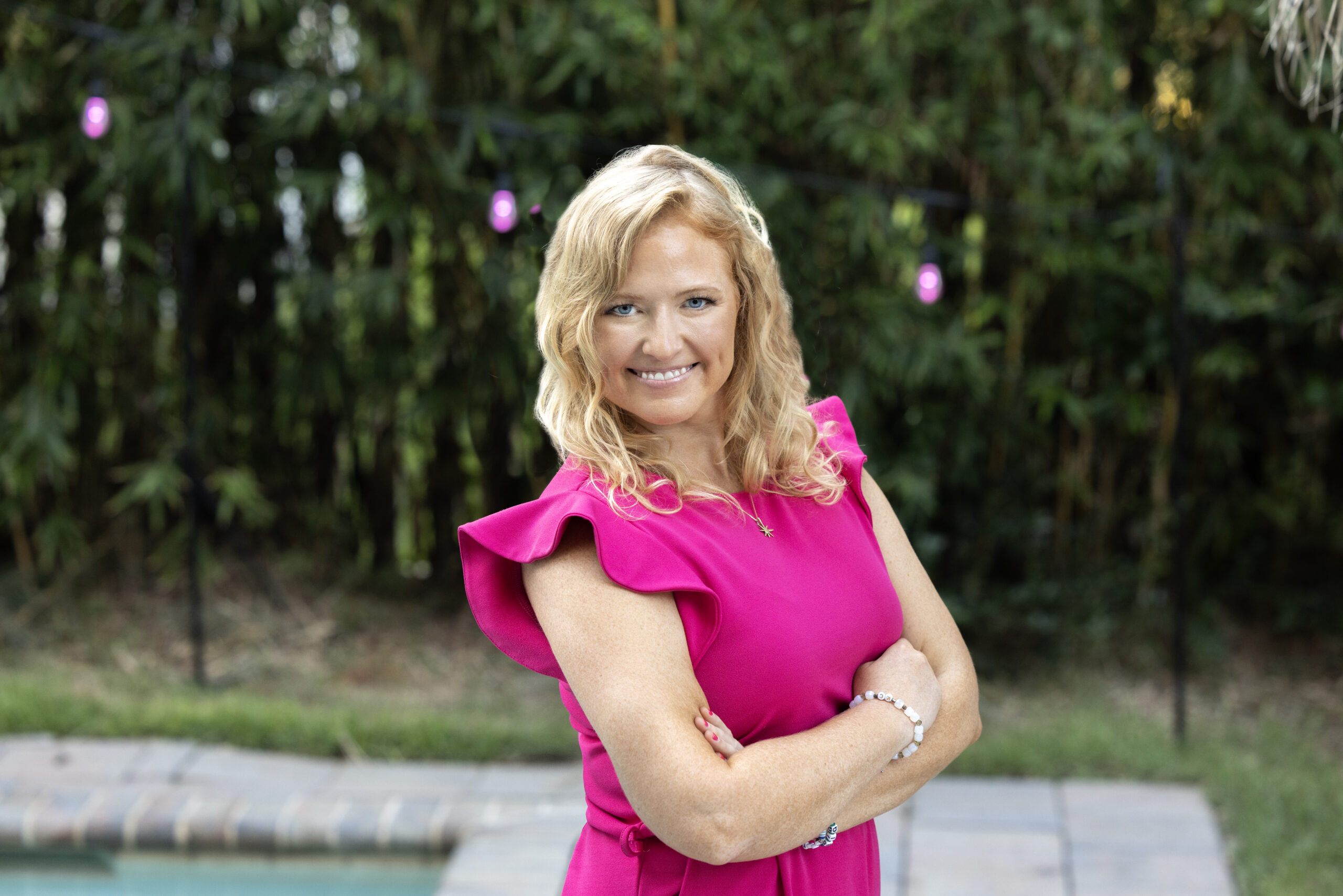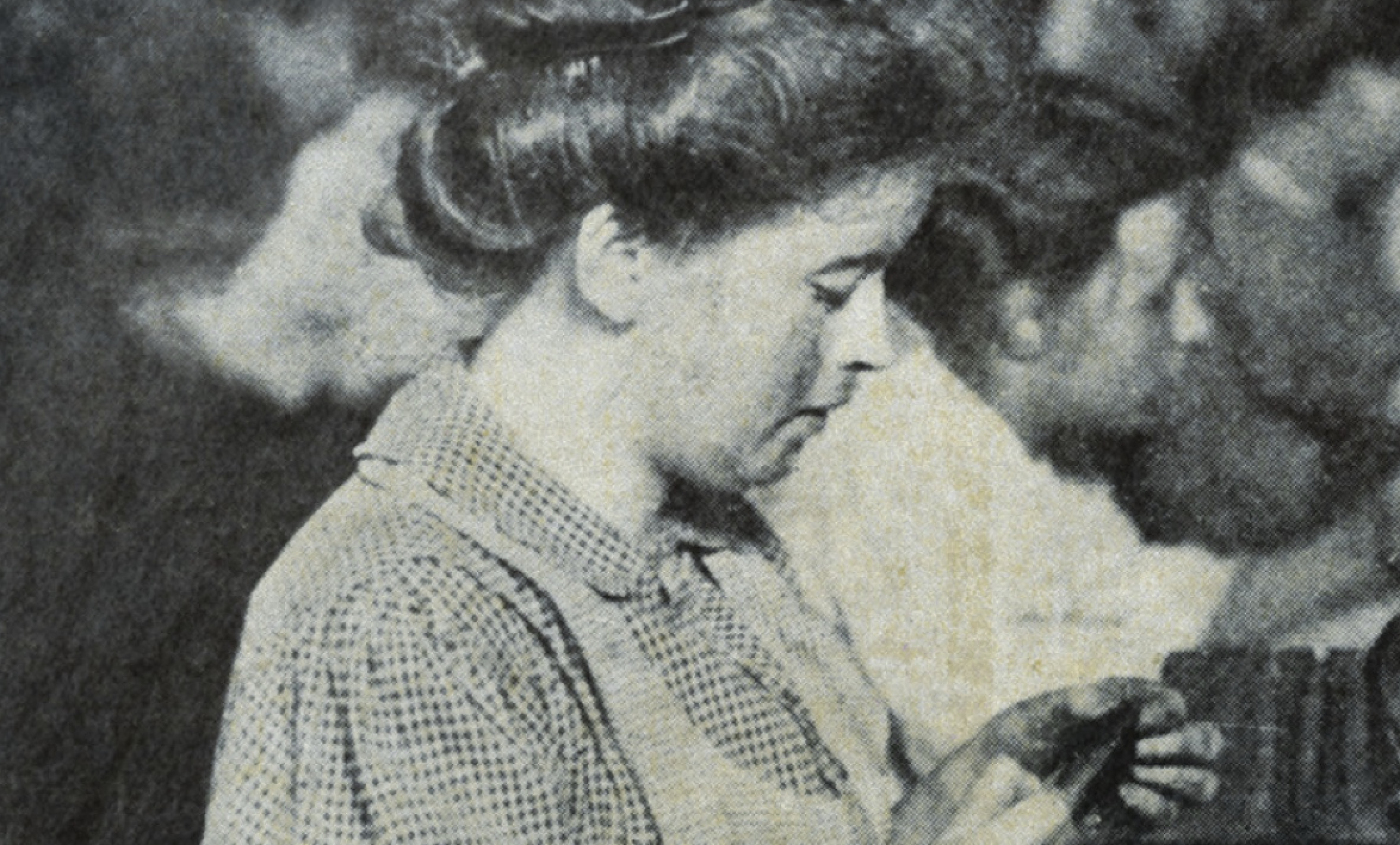
It’s been described as “Judy Blume for adults”, a striking coming-of-age memoir amidst addiction, dysfunctional family and coming out. Emily Sayre Smith’s ‘Smartass: Memoir of a Mouthy Girl’ (out now from She Writes Press) is the perfect Fall read, a rousing memoir of a brash young ballerina from a dysfunctional family who achieves her greatest dream only to realize—as she begins to find success—that she’s gay.
With a priest for a father and a magician for a mother, Emily was always going to have an interesting life—for better and for worse. To escape her turbulent family life, Emily throws herself into her ballet classes, where she can dance out the anxiety in her body and take refuge in fantasy worlds. Driven by the dream of being a ballerina, she earns scholarships and lead roles, studies in London for two years, and eventually lands back in Tucson in 1976, where she joins a fledgling ballet company and falls in love—with a woman and with marijuana.
Join Emily as she survives her troubled family, hangs out with dance royalty, saves Martha Graham, meets the Queen of England, slings hash in a diner, discovers her sexuality, and tries to figure out how it’s all going fit together in her ballerina world in this story of a brave and sometimes bumbling girl charging her way through life.
We had the opportunity to dive into the memoir with the author herself, who talked about the importance of shaping and discovering your own identity, and what she hopes especially young queer readers will take solace from in a political landscape that is targeting the LGBTQ+ community, after reading her book.
[Trigger Warning: Mention of self-harm and suicide in the interview below. Please take care while reading.]

When did you begin writing your memoir, and what surprised you the most going back through your life’s journey?
I started writing my memoir in May of 2023. What surprised me most was how much I remembered and how easily it came. It almost felt channeled.
You write about addiction, triggers and finding a path to healing in ‘Smartass: Memoir of a Mouthy Girl’. Why was it important for you to talk openly about addiction?
I talk as openly about addiction as I do with all the other unattractive subjects in my life. I didn’t start writing this book for publication, but more as a result of realizations I had from therapy. I was trying to understand myself and what made me who I am and if I’m going to understand myself, what would be the point of lying to myself?
What kind of influence did your priest father and magician mother have on your sense of self, and outlook on the world growing up?
Being a preacher’s kid (PK) is definitely different. My dad wore a fancy dress and had consecrated fingers standing at the alter. He married and baptized people in the name of god. My mother WAS magic. She could do and make anything. I thought it made us and me special, but once the darkness of my parent’s descended, it twisted my sense of self. Their issues and action were so overwhelming I think I lost a sense of self. I identified with them so much I began to think I was at least odd if not crazy like they were. This dynamic is heavily explored in the book.
Dance became a refuge for you, but it also had its own complexities. Can you talk about what it meant to travel the world doing something you love and how it impacted your relationship with your body?
Dancing was certainly a refuge and probably saved my life. It was the only escape I had and got me out of my head, into my body and away from home. Traveling the world educated me.
The topic of coming out and navigating a largely heteronormative world feels very timely again today, given the attacks on the queer community under Trump. What kind of hope or solace do you hope young queer readers especially will take comfort in, reading your story?
I hope people will see that even if you struggle you can triumph and in struggle you will learn. Oscar Wilde said, “Be yourself, everyone else is already taken,” and I think there is great wisdom in those words. The world seems to want everyone to conform to certain standards of dress, style, behavior, sexuality, life path and “normal” just doesn’t work. Treat yourself as a creative expression. Be you!
How in-depth do you talk about the April 1998 incident in your book, and what should readers know ahead of time about this turning point in your life?
I don’t talk about the 1998 incident or my wishing to kill myself in this book. That will come later and I’m pretty sure it won’t be in the sequel, but since I haven’t written it yet, I don’t know! There was such liberation in wanting to kill myself but not wanting to die. I just couldn’t stand how I felt anymore. That is a recurring theme for me and I think why drugs also saved my life. Without drugs as a way to change the way I felt I am pretty sure I would have killed myself at some point.
We all need the proverbial and literal “village” around us in life. Who became your village to help you get through the difficult times, and what advice would you give to someone struggling to find theirs right now?
I find that being myself attracts like minded people. I have a close knit core of friends. Like the cream rising to the top, people that want to live authentic lives are attracted to people who want the same. It’s work, hard work to individuate yourself. Not everyone wants to work that hard and it’s scary. You may find things that are not that attractive about yourself. But how can you grow if you don’t face your darkness?
I also have friends I don’t see for many years but we pick up just like it was yesterday every time we talk. Those are the ones you hold on to.
Although it is 2025, we are seeing some scary regression with regard to women’s voices, stories and public contributions. The title of your book alone feels like a sledgehammer to the patriarchy! What message do you have for other “mouthy girls” who are tired of being told how to conform and contort themselves?
I think for the world to change and for misogyny to be defeated women have to step up. This whole get married, be the possession of your husband routine has outlived its usefulness. Maybe women used to need a protector and provider; a defender of the family but was that ever really the truth? Was that ever so cut and dried?
Have women not fought and died along side men to protect their family? Have women not provided for the children by themselves for centuries when men died or ran off? Aren’t over 50% of children being raised in single parent homes with women as head of household?
Yes, we have laws about all of the above that are routinely ignored. Who is enforcing child support? Who is protecting battered women or enforcing punishment on their abusers? Who is enforcing gender quality in the workforce? We all know the percentage is minuscule compared to the infractions.
Women need to stand up for themselves and each other. Internalized misogyny is real.
‘Smartass’ is not the end of your storytelling! What can you tell us about the sequel in the works, and what we can look forward to in the future?
The sequel is all about my years in NYC. My dancing career, falling in and out of love, the progression of my addiction, the beginning of self discovery. It should end, if all goes as planned, when I leave NYC for Los Angeles.
Some of the future of me as a writer may depend on how ‘Smartass’ does. The writing isn’t the hard part but the publishing process is challenging…
Support Emily’s writing by ordering your copy of ‘Smartass: Memoir of a Mouthy Girl’ HERE, and follow Emily Sayre Smith on Facebook.

















